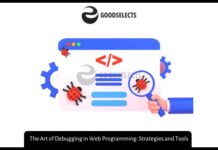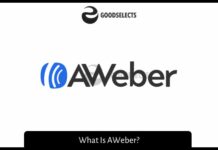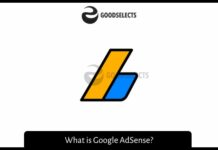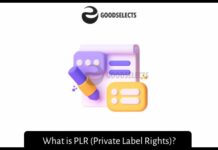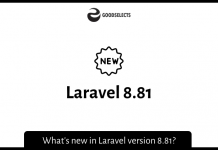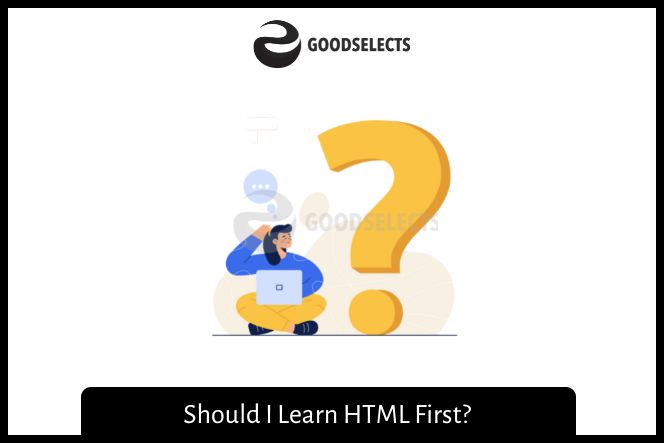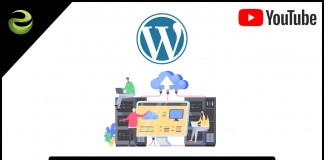Should I learn HTML first? If you’re interested in creating websites, this article will give you some information about how to learn the language. It will also show you which free HTML programs are worth pursuing. After reading this article, you should know which ones to start with. Depending on your goals, you can choose to learn HTML first, CSS, or Javascript. But whichever way you decide to start, you should practice and build up your skills.
Learning HTML
When you’re a beginner, learning HTML first can be a daunting task. HTML is a markup language and can be confusing at first. But with some practice, you’ll be able to write simple HTML pages in no time. After all, you can always use HTML templates to create other types of web pages later on. You may also want to learn JavaScript and other programming languages once you master HTML. Those are just a few of the benefits to learning HTML first.
You can easily learn HTML if you want to develop websites for a living. It’s easy to create basic webpages in a day by following the basic guidelines. First, you’ll want to learn about the different tags and their purpose. This way, you’ll be able to distinguish one tag from another. After learning the difference between an opening and closing tag, you’ll be able to write more complex web pages with a lot more flexibility.
HTML is the basic building block of every web page. It enables you to add all kinds of content to your web pages. Whether you want to add a Facebook feed, an Amazon store, or a blog, HTML is the foundation of all of these. As such, it’s essential that you learn HTML first. It’s also important to understand CSS, the language that adds style to your web pages. Learning HTML first and CSS later will help you create better-looking websites and make the most of your skills.
As you continue learning HTML, you’ll also be able to use a range of different coding languages. CSS, for example, allows you to use different media elements such as videos and audio. HTML also allows for comments, which help you track, clarify, and refresh your memory about the code. You’ll also be able to create your own games using HTML and Javascript. However, you’ll likely want to start by learning CSS before JavaScript.
If you’re not comfortable learning CSS, don’t worry! There are a number of good resources available to help you learn HTML first. Codeacademy is a great resource that will guide you through the coding process in a logical way. You can watch video tutorials, learn HTML, and practice your new skills through exercises and interactive guides. Remember, you’ll still need to practice with modern browsers to make the most of this course.
Learning CSS
Regardless of your current level of experience, learning CSS is a good idea before diving into HTML. CSS is a powerful language that lets you customize the appearance of your web pages. You can customize the position, size, and other properties of elements. It even lets you add borders to your elements! Learning CSS isn’t as complicated as you might think, and it’s easy to pick up once you have a solid foundation.
When you learn CSS, you can focus on specific knowledge blocks and topics as you go. This way, you can more efficiently use free resources later in the learning process. You can also choose your focus areas, which will help you plan your study sessions and progress more efficiently. Learners who start from basics can easily master the basic concepts and move on to more complicated topics, such as debugging and web browser compatibility. By learning CSS before HTML, you’ll gain a valuable edge over your competitors and get work done faster.
There are several resources to help you learn HTML and CSS. The most widely recommended is the Frontend Masters free bootcamp. This course includes 21 hours of video training that will get you started with this important skill. For more advanced skills, there are also online courses available. You can also find free resources through Udacity. Learning CSS is an excellent way to earn a college degree in a matter of weeks. Learning CSS is an essential part of web design and development. Even web journalism requires knowledge of HTML.
Once you’ve completed the HTML course, you should take up some practice projects. Building a personal website is one of the easiest projects to start. With a personal website, you can express yourself online without the constraint of social media profiles. You can use the tools you learn to create a professional website for your clients. However, if you don’t want to make a personal website, you can also start with a business website.
Learning Javascript
While you can learn JavaScript by itself, it is far easier to use if you already have some knowledge of HTML and CSS. Both languages focus on the style of the document, and when combined with HTML, you’ll become a highly skilled developer. But if you want to be able to create dynamic content and make multimedia elements fly across the screen, you’ll need to learn HTML and CSS first. This article will show you how to learn HTML and CSS before you begin learning Javascript.
While it is not required to know HTML and CSS before you learn JavaScript, it is recommended that you start by learning them. While some people find HTML and CSS difficult to learn, it is an integral part of any web page. And while HTML is a fundamental element of any web page, CSS is the foundation of how it looks. Unless you’re completely new to the web, you should learn CSS before you get started with JavaScript.
For those who are new to JavaScript, the best way to learn it is through a course. You can also take a self-paced course. This type of course includes short lessons that reinforce the concepts learned. In addition to that, it also offers a number of interactive tests. A good online course will guide you through the process step-by-step. You can even start with a free course and proceed from there. Learning HTML first is crucial for beginners, but you may not feel comfortable learning it unless you’ve mastered HTML and CSS.
When you start learning HTML and CSS, you’ll need to familiarize yourself with basic HTML syntax. A course that includes HTML will teach you how to format your code like a pro. By the end of the course, you’ll know what syntax and how to structure a website. You’ll also learn about web terminology and other basics. In this way, you’ll be able to create visually stunning web pages and applications.


